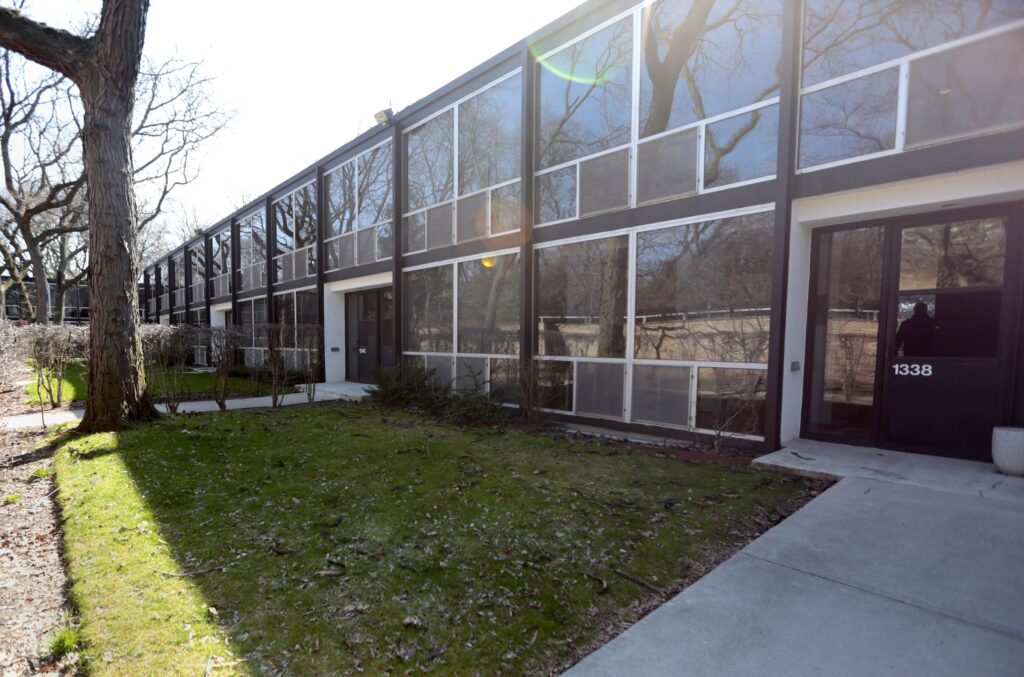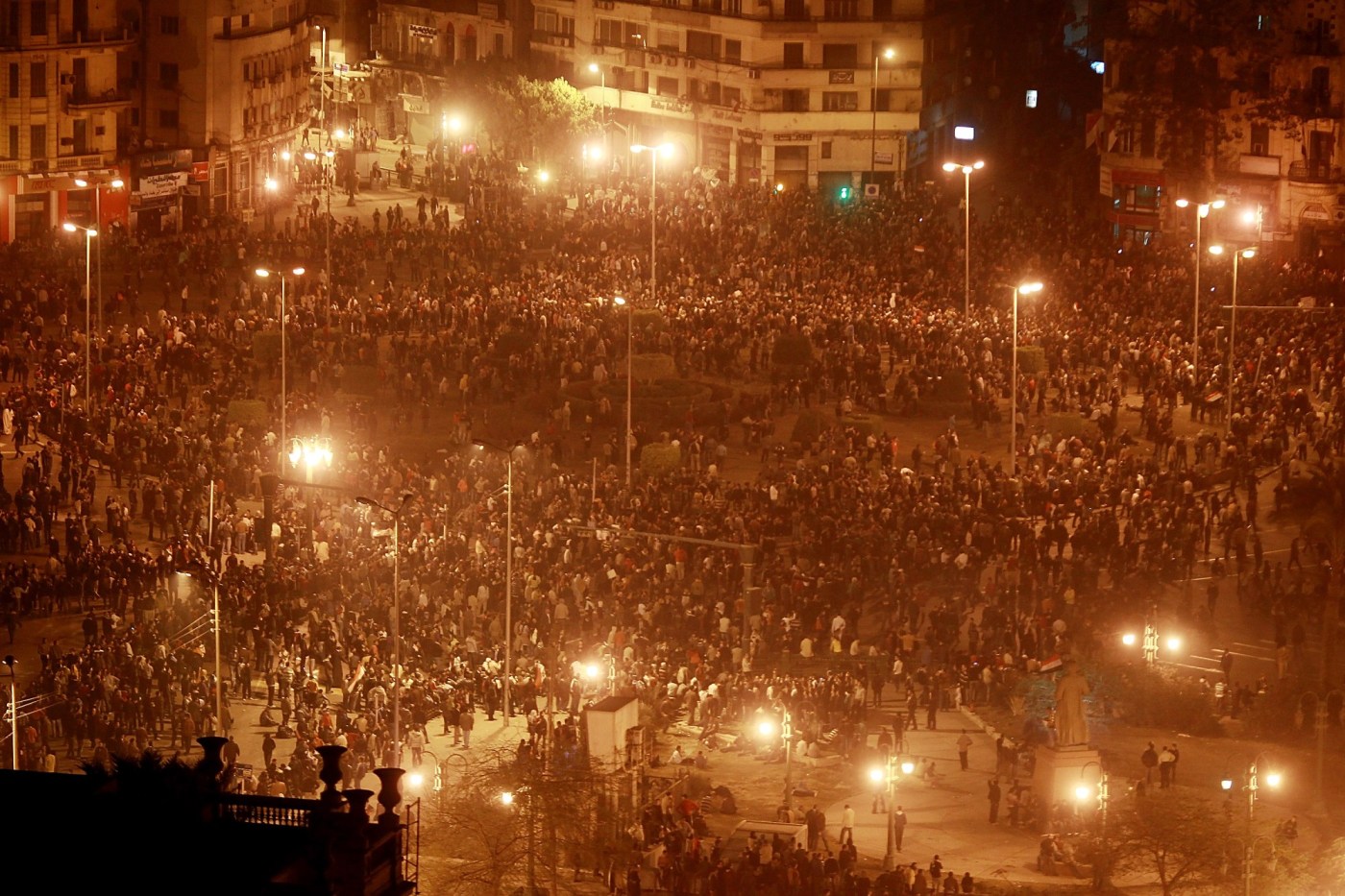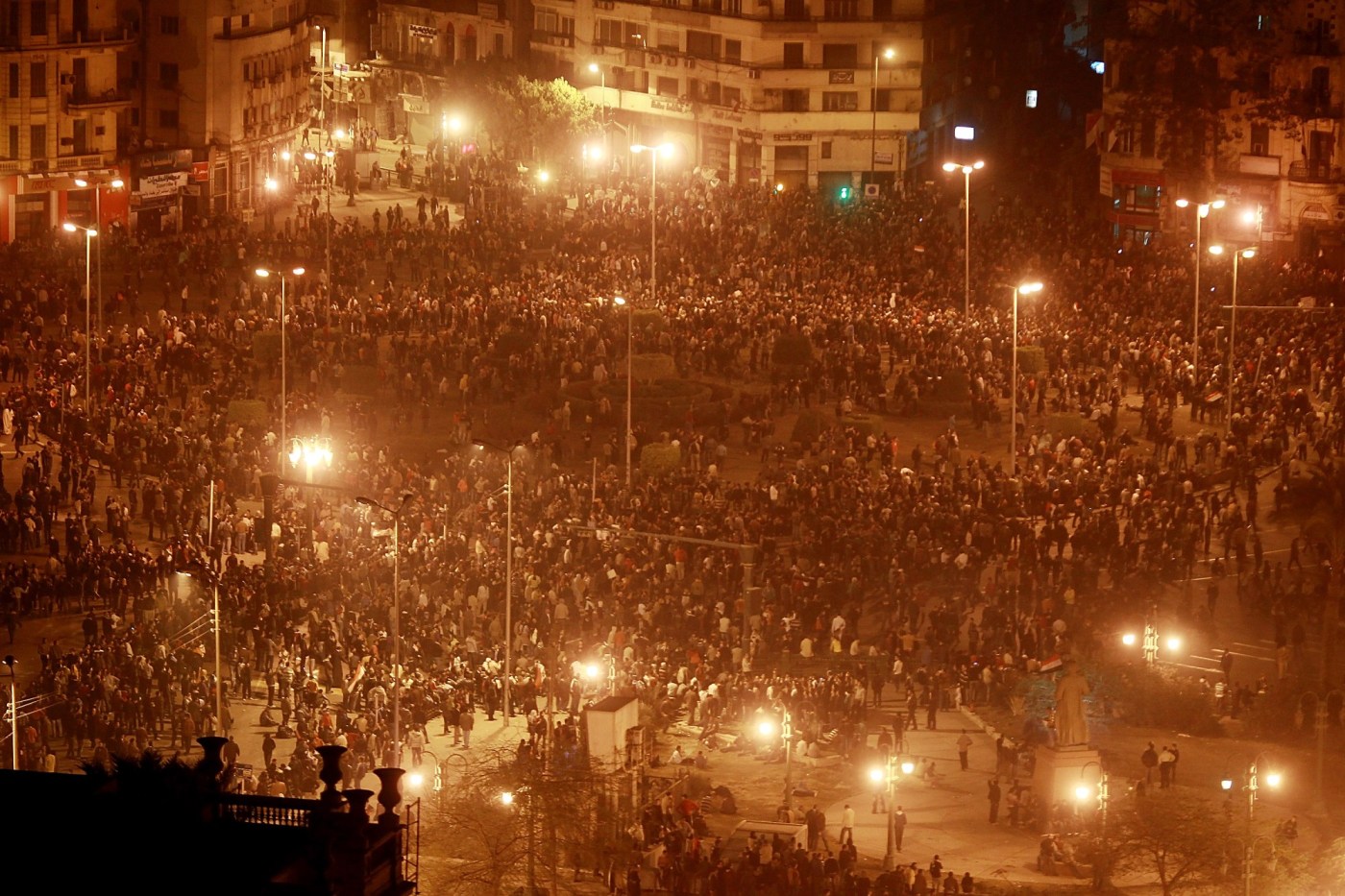
A Wayne County Circuit Court judge has extended a temporary restraining order against Detroit Thermal, preventing the utility company from upgrading an underground steam heat network in the Lafayette Park area. The ruling, issued on July 24, 2023, comes amid ongoing legal disputes between Detroit Thermal and residents of the historic Mies van der Rohe Cooperatives, who have raised concerns about potential environmental impacts.
The restraining order was initially sought by the residents, who argued that the utility’s project could irreparably harm their properties, which are part of a National Historic Landmark and a designated historic district in Detroit. Detroit Thermal had attempted to lift the order in a bid to restore service before the winter season, which they claim is essential for the nearby 1300 East Lafayette Cooperative, home to over 600 residents.
Harvey Hollins III, spokesman for Detroit Thermal, expressed disappointment with the court’s decision. He emphasized the urgency of the project, stating, “We are undeterred in our commitment to provide the 600-plus Detroiters at the 1300 East Lafayette Cooperative with the affordable, reliable, clean, and safe heat they desperately need this winter.” He also noted that the court clarified that some work could continue in the public right-of-way, despite the restraining order.
Residents of the Mies van der Rohe Cooperatives welcomed the extension, believing it affirmed their legal position. In a statement, they expressed gratitude for the court’s ruling, which they interpreted as a sign of likely success in their property law claims. “We look forward to continuing to defend our rights against this trespass onto our historic property,” the statement read.
The ongoing tension is rooted in differing views on the necessity and impact of the proposed upgrade. While Detroit Thermal asserts that the project has received approval from both the Michigan Public Service Commission and the Detroit Historic Commission, residents have voiced concerns regarding the company’s approach, suggesting that it opted for a less costly route through private property rather than utilizing existing public infrastructure.
On July 16, Mies residents raised alarms about Detroit Thermal conducting work in their neighborhood while the restraining order was active. City Council President Mary Sheffield has sought further clarification from the city’s Corporation Counsel, Conrad Mallett, regarding what actions are permissible under the judge’s order. Mallett confirmed that Detroit Thermal is prohibited from entering cooperative properties to undertake any related work.
Despite these complications, Detroit Thermal maintains that their operations in the right-of-way do not violate the court’s order. Sheffield noted, however, that the Historic Designation Commission had requested a stop work order from the Department of Public Works, indicating that approved project conditions had yet to be fulfilled.
Residents have been vocal about their opposition to the project, claiming that the utility is prioritizing cost over community concerns. Natalie Pruett, a board director for the Nicolet Cooperative, criticized the company for attempting to cut costs by opting for a route through private property. “If Detroit Thermal’s priority is getting 1300 Lafayette a new steam connection quickly, it should start following the rules, obey the law, and use the many steam lines that exist in the neighborhood on public property,” she stated.
As the legal battle continues, both parties await further developments in the court system, underscoring the complexity of balancing community interests with infrastructural needs in a historic setting. The temporary restraining order is currently set to last until the end of October, leaving residents and utility representatives in a state of uncertainty as winter approaches.







